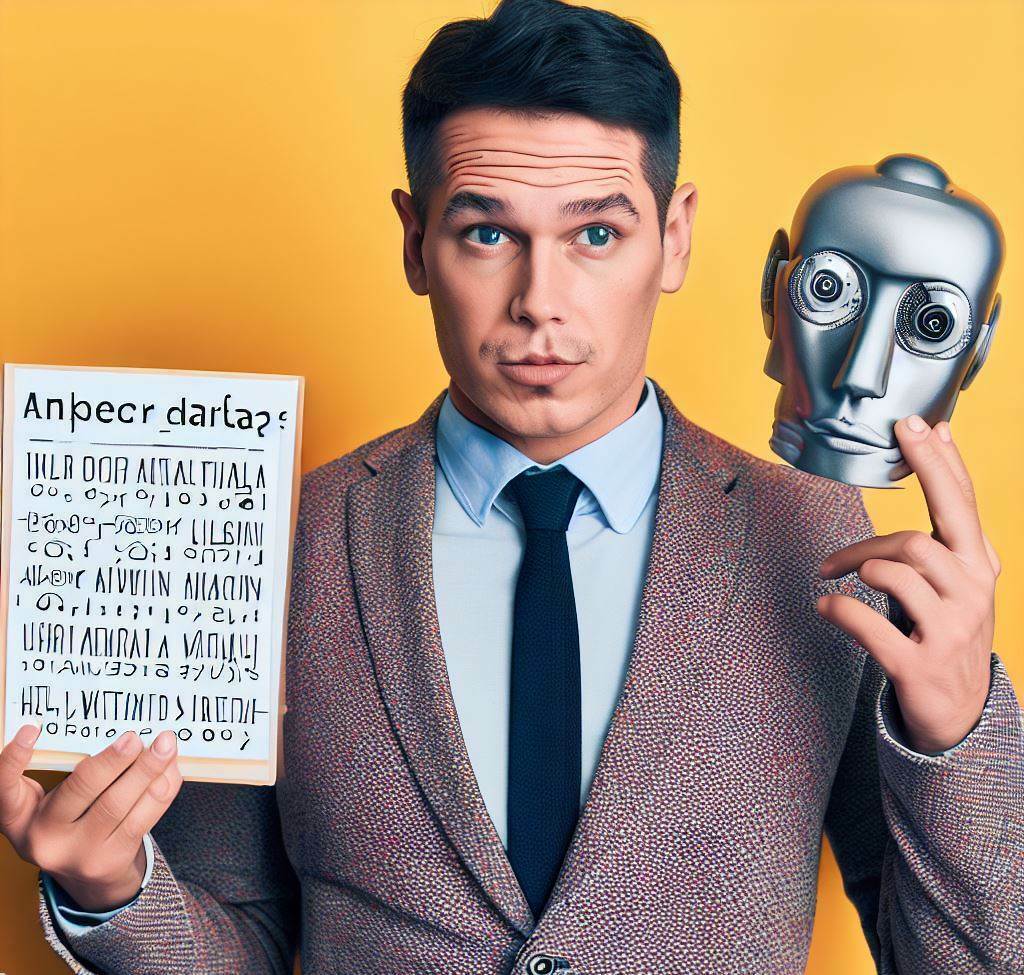AI technology has advanced rapidly in recent years, leading to discussions about the possibility of AI replacing human intelligence. However, experts argue that AI should be used to augment human intelligence rather than replace it entirely.
Firstly, it's important to note that AI has made significant strides in recent years, and its potential applications in various industries are vast. However, there is a tendency to overestimate what AI can do and underestimate the value of human intelligence.
Human intelligence encompasses a broad range of skills and capabilities, including creativity, empathy, critical thinking, and decision-making. These are skills that AI systems cannot replicate entirely. For instance, while an AI system can analyze vast amounts of data and identify patterns, it lacks the creativity to come up with innovative ideas or solutions.
Moreover, human intelligence is contextual and adaptable. Humans can learn from new situations and apply that learning to other areas of their lives, while AI is limited to its programming and data inputs. For instance, an experienced customer service representative can respond to a customer's needs and emotions in a way that an AI chatbot cannot.

Additionally, there are certain fields where human intelligence is essential. For example, in healthcare, doctors and nurses use their expertise and experience to diagnose and treat patients. While AI systems can assist with diagnostics, they cannot replace the intuition and empathy that healthcare providers possess.
Furthermore, human intelligence is crucial in creative industries, such as music, art, and writing. These fields require imagination, emotion, and intuition, which are not replicable by machines. While AI systems can create music or art, they lack the unique qualities that come with human creativity.
In conclusion, while AI has many exciting applications, it is essential to recognize that human intelligence remains critical in various fields. There is value in human creativity, intuition, and empathy, and we should not overlook these qualities in our quest to advance AI technology.
